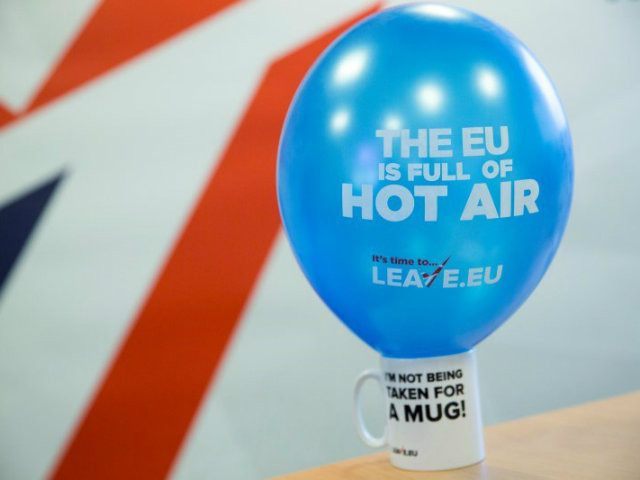A series of polls published in recent days shows the case for Brexit gaining traction, and in some cases has the Leave campaign establishing a lead over Remain.
Two polls conducted for The Guardian by ICM shows voters favouring Brexit by 52 per cent to 48 per cent. Notably the result was the same regardless of whether respondents were surveyed online or by telephone.
Up to now telephone polling has tended to favour the Remain campaign, with only two such polls giving Leave the lead. That makes the result of the ICM phone poll all the more concerning for Britain Stronger In Europe because that method shows Leave gaining seven points to 52 per cent, and Remain down seven to 48 per cent.
The Guardian reports that the result using the online method is almost unchanged, but the change in result for phone polled respondents appears to identify a shift towards Brexit, despite what the paper describes as “a slew of warnings from the most senior members of the government about the economic risks of doing so.”
Commenting on the development, ICM Research director Martin Boon said:
“Our poll rather unhinges a few accepted orthodoxies. It is only one poll but, in a rather unexpected reverse of polling assumptions so far, both our phone poll and our online poll are consistent on both vote intentions and on the EU referendum.”
Yesterday’s ORB phone poll for The Telegraph also showed a shift towards Leave representing a four-point swing in just one week. Remain still enjoys a lead in that poll, by 51 per cent to 46 per cent, but Tory election strategist Sir Lynton Crosby told The Telegraph the shift to Leave can be explained by its “increasing focus on lack of control over immigration and associated message discipline.”
Showing where the Leave campaign has made progress, ORB research gives them a net lead over Remain on immigration of 29 points, with 52 per cent of voters believing it has the right position on the issue. Sir Lynton commented:
“While this ORB poll shows the Leave campaign is being more effective, they will need continue to campaign with the same effort over the coming weeks if they are to bridge the vote gap.”
Concluding, Sir Lynton wrote: “In my experience, it is with about three weeks to go when voters start to pay real attention to the choice they are being asked to make. Whatever they feel about what they have been doing now is the time for both campaigns to put in the hard work.”

COMMENTS
Please let us know if you're having issues with commenting.